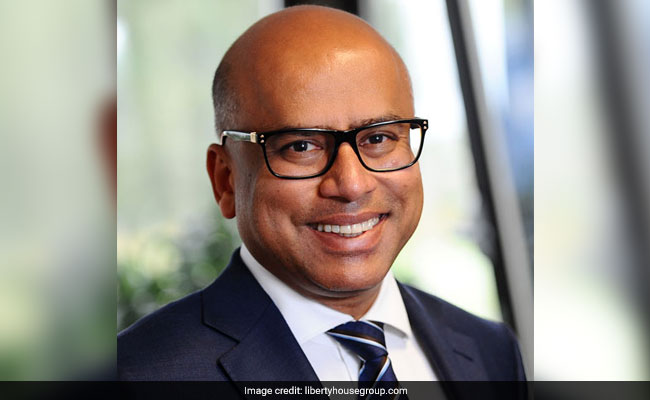
New Delhi (TIP)- The Supreme Court‘s verdict in the contempt case against fugitive businessman Vijay Mallya also directs his three children to return a total of USD 40 million which were transferred to them through trusts in 2016. The apex court has termed the transactions “void and inoperative”.
The question that may be asked after this verdict is how the order would be implemented and whether assets belonging to children can be used for repayment of loans.
In its 2017 judgment, the Supreme Court held Vijay Mallya guilty of contempt of court. The court had noted that Mallya violated the 2013 orders of the Karnataka High Court barring him from “transferring, alienating, disposing or creating third party rights in respect of movable as well as immovable properties belonging to them until further order in these petitions”.
The Supreme Court had also noted that Mallya failed to give full details of all assets, accounts, and funds owned by him, despite orders from the top court. The bank account in the Edmund de Rothschild Suisse Bank in Switzerland, where USD 40 million were received in 2016 from Diagio Plc, was not disclosed, the court had said.
The USD 40 million were then transferred into three trusts, created through gift deeds, in the name of each of Mallya’s three children. Mallya’s lawyers had argued that the funds are no longer in his possession since he has no control over the trusts. It is in this scenario that the Supreme Court has held that the transaction of receiving the money, and the creation of trusts in the name of Mallya’s three children — Sidhartha , Leena and Teena Mallya — were “void”. The three children as “beneficiaries” of the illegal transaction have been directed to repay the money to the loan recovery officer of the banking consortium. The court has also directed that if the amount is not repaid in four weeks, the recovery officer can take other steps including the appointment of a forensic auditor to trace the money and assets belonging to the Mallyas so that further debt recovery proceedings, such as asset seizure, can be conducted. The court has passed the order to allow Mallya to “purge the contempt” and “reverse the contumacious transaction”. However, legally, the issue is a complicated one and the verdict could be difficult to enforce.





Be the first to comment